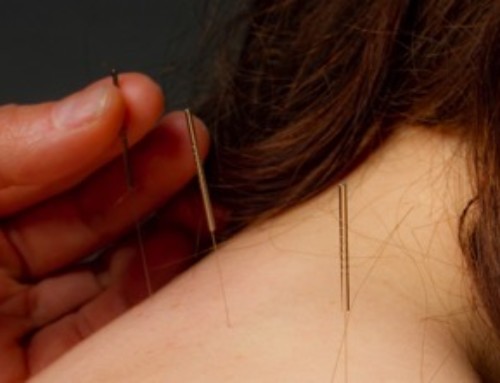Author: Marsha Panthera R.D., L.D.
Eating Well is Healing
Numerous studies have shown that a proper diet can protect against cancer. In this first blog of a three part series, we will start at the beginning, looking at areas within our influence. The next two will expand on the function of nutrition for good health. The National Institutes of Health recognizes that Cancer is both a preventable and treatable disease that requires major lifestyle changes.
Factors that Contribute to Cancer
- 5-10 percent of cancer cases can be linked to family history and genetic defects.
- 90-95 percent have their roots in the environment and lifestyle factors.
- 30-35 percent depends on what we eat (My favorite area)
- 25-30 percent are caused by tobacco
- 15-20 percent by infection
- 5-10 percent by other toxic agents
Nutrition’s Value Mind and Body Health
There are many things we can do to engage our minds and bodies to promote health. This is especially true when cancer is present. As a nutritionist and health advisor, there are four major areas that I teach that have major impact on our wellness:
- Diet adjustment
- Behavioral therapy
- Clean environment
- Increase joy, connections, and physical exercise
Benefits of Improving Food Choices
Let’s look at a few perks of healthy food choices in regard to cancer:
- Create a cancer resistant biology in our metabolism.
- Reduce the underlying inflammation that promotes cancer progression and most chronic diseases.
- Help increase energy and stamina.
- Spare and rebuild tissue.
- Improve immune function.
- Retard tumor growth and recurrence.
- Improve the function of multiple organ and body systems including the brain.
- Regulate weight.
Is There One “Anti-Cancer” Diet?
Although there is spectacular research going on that supports increasing plant foods that decrease inflammation and retard cancer growth, there is not a one size fits all diet for cancer. Be wary of any overly restrictive diet that makes too many claims. Each individual has special dietary needs depending on lifestyle and the cancer treatment plan. As a dietitian, I provide guidance and support to fit your conditions and personal goals.
How can a Registered Dietician Support My Cancer Care?
- Find simple ways to increase nutritional values of food choices.
- Provide strategies to alleviate symptoms and side effects.
- Gain current knowledge of what foods to eat more of and why.
- Develop a menu plan to gain, maintain, or lose weight.
- Share recipes and products to try.
- Teach skills for mindful and intuitive eating.
- Counseling and health advocacy for you to reach your goals.
- Give you many resources.
Additional Resources:
Some of the best sources for further information can be found at these sites:
- American Cancer Society cancer.org
- The American Institute for Cancer Research aicr.org
- The National Institutes of Health ncbi.nlm.nih.gov
- chemocare.com
- The Academy of Nutrition and Dietetics eatright.org
- Published paper: Cancer is a Preventable Disease that Requires Major Lifestyle Changes. View the full published paper here: ncbi.nlm.nih.gov/pmc/articles/PMC2515569/
Marsha Panthera, R.D., L.D. is a Registered and Licensed Dietician with Cashman Center in Burnsville, Minnesota.





